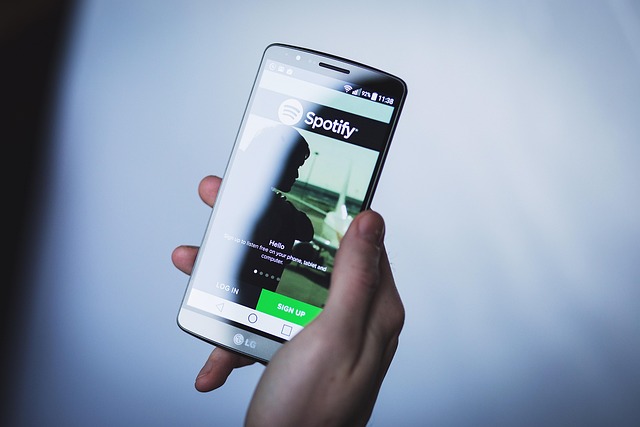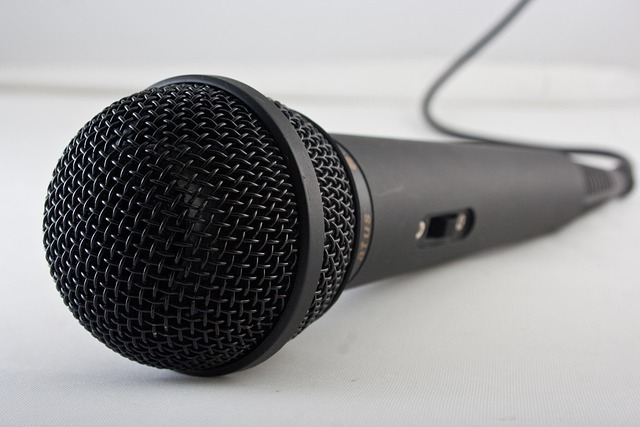The music landscape has undergone a transformative evolution, with streaming platforms like Spotify taking center stage. It’s hard to imagine a time when discovering new music meant rifling through stacks of CDs or tuning into radio stations with limited playlists. Today, Spotify has redefined how we consume music, making it more accessible than ever and shaping the future of the music and entertainment industry.
From intimate concerts in local cafes to massive festivals like Coachella and Glastonbury, the way we experience live music has been forever changed by the digital age. Spotify‘s algorithms curate playlists that resonate with our personal tastes, often guiding us to discover emerging artists. These recommendations have led to heart-pounding moments at concerts where the crowd sings along to tracks that once were mere recommendations on our playlists.
But the influence of Spotify stretches beyond just discovery; it has ignited debates about how artists earn from their work. The traditional music industry model, heavily reliant on physical album sales and radio play, is challenged as artists navigate the intricacies of streaming royalties. Independent artists find an unprecedented platform to reach global audiences, while major labels grapple with the new normal where charts fluctuate more rapidly than ever.
This revolution impacts the concert scene as well. Promoters and venue owners are increasingly turning to Spotify data to gauge audience preferences and trends. This data-driven approach allows them to curate lineups that not only attract larger crowds but offer experiences that cater to the diverse tastes of music lovers today.
Moreover, as concerts and festivals strive for immersive experiences, collaborations with Spotify continue to flourish. There’s a growing trend of artists releasing exclusive live tracks or behind-the-scenes content tied to their performances, available only on the platform. Fans can dive deeper into the music they love, forging a connection that transcends the stage.
The impact of Spotify extends into cinema too, with soundtracks becoming an increasingly vital part of films and television shows. Music now serves as a character in its own right, guiding narratives and eliciting emotions. Soundtracks rich in diverse music choices are often crafted with the aid of Spotify‘s insights, ensuring that the right songs amplify the story being told. These collaborations have resulted in successful films and shows being profoundly tied to the songs that accompany them, creating cultural moments that transcend both mediums.
As we look to the future, the role of platforms like Spotify continues to evolve, pushing the boundaries of what the entertainment industry can be. It’s not just about streaming music anymore; it’s about building communities, supporting artists, and transforming the ways we experience entertainment as a whole. With every playlist shared and every new artist discovered, Spotify is at the forefront, revolutionizing not just how we listen but how we feel about music in our lives.



